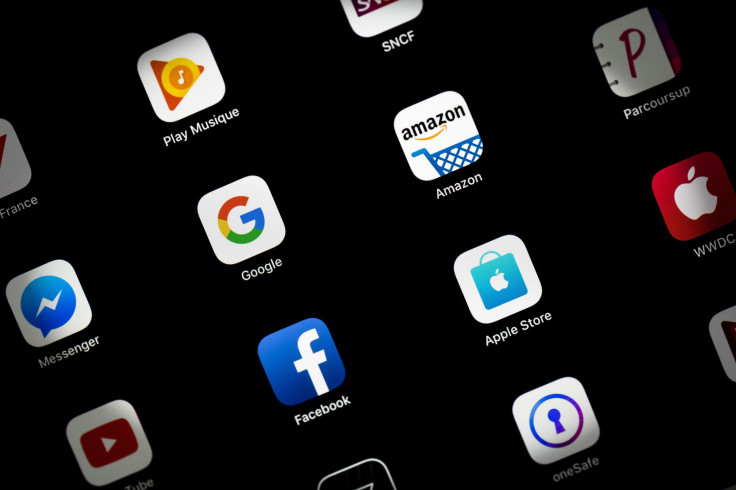ZAO App Download Tops App Store In China, But How Safe Is Your Face?

An easy-to-use deepfake app made in China called “ZAO,” which allows users to swap their faces with celebs and anyone else in a video, is now the most downloaded free app on China’s iOS app store but is raising fears of widespread criminal misuse.
Developed for smartphones, ZAO was uploaded to China’s iOS App Store on Aug. 31. It immediately went viral and was downloaded so many times it nearly crashed the servers of Momo Inc., the company that developed and released it. ZAO is only available in China.
ZAO was the most downloaded free app in China’s iOS App Store as of Sept. 1, according to data from App Annie, a firm that tracks app downloads worldwide.
To get hold of ZAO, a user signs-up for the app with his phone number. He uploads a selfie. Once inside ZAO, a user can superimpose his face on the face of his chosen celeb featured in a video. The user can then share the deepfake video with his friends on social media.
Most of the celebs in the app’s line-up are Chinese but there are also videos of a few popular Western stars such as Leonardo DiCaprio and Marilyn Monroe to choose from.
Issues about its privacy terms started to crop up as one section of the user agreement state consumers who upload their images agree to give intellectual property rights to their face, and permit ZAO to use their images for marketing purposes, Reuters noted.
Chinese users shared their ZAO videos on social media platforms such as WeChat, which was deluged with complaints about ZAO. WeChat has now restricted access to the app on its messaging platform.
WeChat said its users can still upload videos they created with ZAO. However, if the users try to download the app or send an invitation to download ZAO to another WeChat user, a message will be displayed saying, “This web page has been reported multiple times and contains security risks. To maintain a safe online environment, access to this page has been blocked.”
In its Weibo account, ZAO said “we completely understand everybody’s concerns about the privacy issue. We are aware of the issue and we are thinking about how to fix the problems, we need a little time.”
ZAO has since changed its terms and conditions. It now says user-generated content will only be used to improve the app. It also claims all deleted content will be removed from its servers.
ZAO is a type of “deepfake” application. Deepfake is an AI-based human synthesis tech that combines and superimposes existing images and videos onto source images or videos.
Deepfakes use a machine-learning technique known as deep learning to automatically superimpose a new face on an existing video.
Since 2017, deepfakes have been used to create fake sex videos of celebrities and politicians. January 2018 saw the launch of a desktop app called “FakeApp,” which enables users to create and share videos where faces have been swapped and changed.
FakeApp immediately raised privacy concerns, which is now being experienced by ZAO.
© Copyright IBTimes 2025. All rights reserved.



















